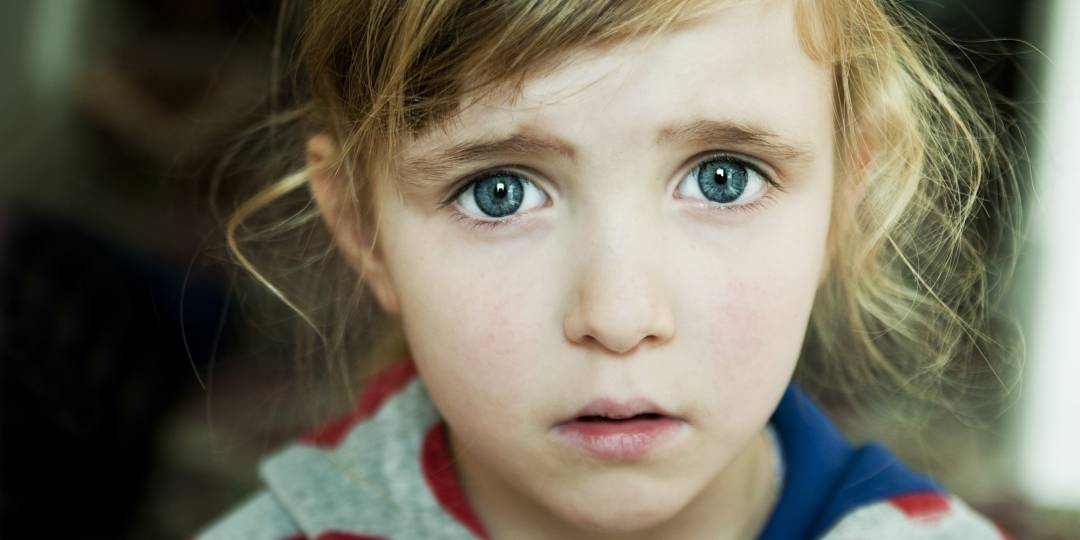My daughter is the tantrum queen. One day, not so long ago, I counted 8. That’s eight tantrums in one day. It was a bad day and clearly some sort of record. So, when the tantrum queen started pre-K, I expected a phone call on day one.
She cries at the drop of a hat, stomps when she’s angry, collapses in a pile of screams and kicks when her brother looks at her the wrong way—surely, she would not last a day at school. I would be labeled the borderline bad mom that I always suspected.
My phone did *ping* that day, with a text alert from her teacher. A picture of my smiling daughter appeared on the screen with a text that read, “She is such a delight!” More texts appeared over the coming days with words like, “so well behaved.” I was embarrassed, and a little sad, that I didn’t know this side of my own daughter!
Not a tantrum in sight. Those tantrums are only reserved for her mother. Motherhood is lovely, isn’t it?
It turns out kids really do reserve their worst behavior for their mothers. Dr. Heather Wittenberg, a child psychologist, explains, “Children save their best — and worst — for us, as parents. They’re their ‘true selves’ with us.”
My daughter is sweet, generous, compassionate and a complete basket case if told “no.” Which is a word she hears a lot? Like most parents, I noticed her behavior got much more dramatic after a day at school. Where is that sweet angel that lives in Pre-K?
“It takes energy to “be good” and follow the rules — especially for young children — so when they get home, they let it all hang out. The good news is that their deepest love, affection, admiration, and goofiness are reserved for us, too.” says Dr. Wittenberg
Well, that is a relief. I’m not sure her teachers are ready for her full-heart rendition of “Look What You Made Me Do.” by Taylor Swift. I’m glad that’s a side of her that’s just for me right now. Dr. Wittenburg says that parents should not feel alone or take their kid’s behavior personally.
“It’s best to prevent it in the first place by expecting it, not taking it personally, taking it in stride if it happens, sympathizing, and then changing the subject to something more positive when they’re ready to let it go.”
But she says to set limits if necessary and not award their extended freak-outs. She says if they are destructive, then certainly step in and stop the after-school meltdown. If they are rolling around and crying on the floor, scoop them up and send them to their rooms. But she says to make the responses methodical, use time-outs to help reset their behavior and try to talk to them about the meltdown after they calm down a bit.
So, remember, the fact that your kid saves the worst AND best for you is a good thing! You’ve created a safe space where they can unapologetically be themselves. Even if that means a tantrum or eight.
Please Share With Your Friends and Family!
Note: Peace Quarters is an open platform for contributors to share their thoughts, experiences, and wisdom. If you’d wish to contribute sign up to our expert’s program here!
















